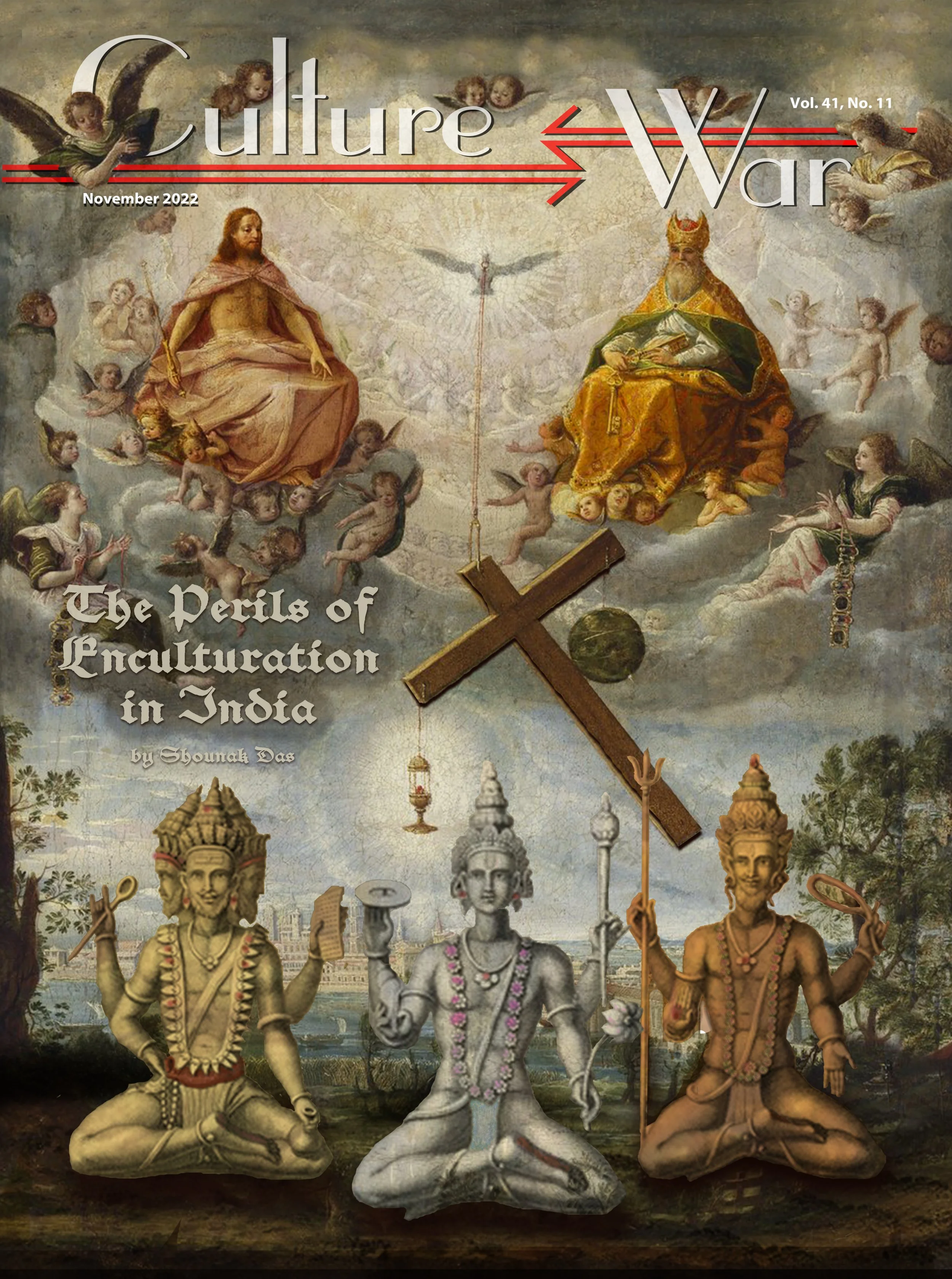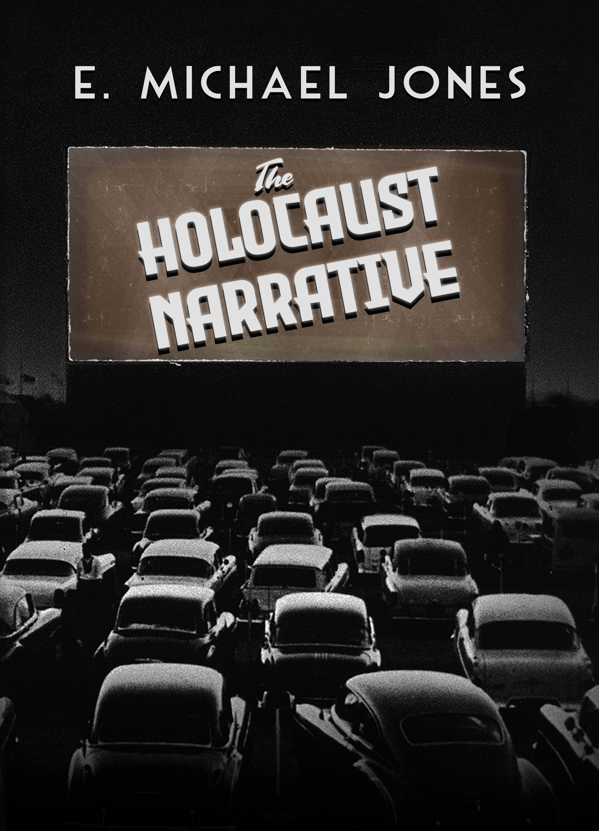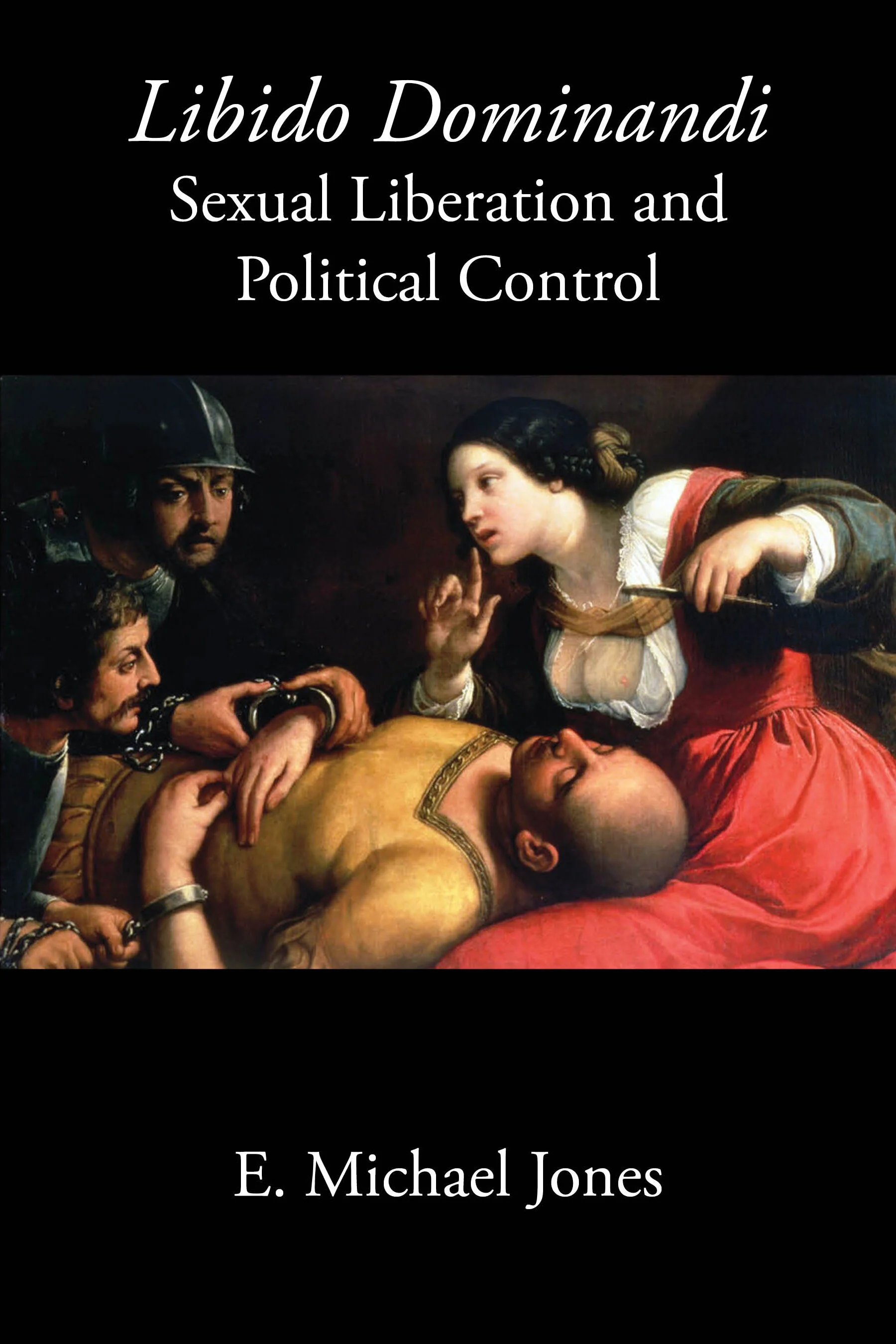Urbi et Orbi
/What do Prime Minister of Hungary Victor Orban and Italian artist Salvatore Garau have in common? Very little. Yet, they are participating in the same clash.
This year, a relatively obscure Italian artist Salvatore Garau, sold his 5 x 4 feet of empty space titled “IO SONO” (I am), for 15,000 Euros ($18,300) at the Milanese Art-Rite auction house. The hammer bid went approximately 100 percent over the opening bid. A month later, this maverick artist displayed his new hyper-minimal piece of work, “AFRODITE CRIES,” in front of (where else?) The New York Stock Exchange. This time, a designated empty space, full of refined artistic anti-sensuality, was an imagined circle on the boardwalk. No tapes, no shapes, not an atom of crafted physical substance. Contrary to the ancient philosophies of arts, it was a celebration of nothingness. Additionally, his open-air presentation was supported by the Italian Cultural Institute, the pillar of national artistry. It is a long way from the Etruscan beautifully painted terracotta to 20 feet of nothing. How did Italy, home of some of the greatest art in the world, end up celebrating nothing?
In keeping with Marcel DuChamp, who launched art in this direction, Garau spent a lot of time giving an intellectual justification for the work of art which he did not create. Filled with assertiveness, Garau stated that his designated portion of nothing motivates people’s imagination, and that it should be exhibited within the indicated plain space, thus hindering any disruptive external interference with the autonomy of his work. To spice up his vacuity, Garau also mentioned Werner Heisenberg’s Principle of Uncertainty and lastly compared his piece of work with God’s eternal invisibility. As a student of the Italian school of nihilism, Garau relied heavily on post-WWII art like Lucio Fontana’s sliced white canvases and Piero Manzoni’s 90 cans of “Artist’s Shit” (the official title of the artist’s work from 1961, not this writer’s penchant for vulgarity).
Charging 15,000 Euros can be considered chump change in today’s international art market; the expense for a modest reception at a fashionable venue like the Gagosian Gallery is probably much higher. But let’s put that sum in a different perspective; for 15,000 Euros, a family of four in the Czech Republic could live well for the entire year, or the same family could buy a new Toyota Yaris and drive it comfortably for the next 15 years. So, why is someone spending any amount of money on nothing? The answer lies in the decline of cultural politics of Western Civilization, exhibiting a clear path to systematic nihilism, combined with fad-induced sorcery.
And this brings us to Victor Orban and the frivolous and destructive belief that something can be created out of nothing which he is so vehemently confronting.
Prime Minister of Hungary, Victor Orban, does not sell nothingness. Born a Calvinist within predominantly Catholic Hungary, Victor is an extraordinary man of firm beliefs. Furthermore, Orban is currently conducting an ideological war with over 20 countries from the EU. This list could be also extended to include left-liberal elites in the USA, Great Britain, Australia and Canada. The lefties hate him because of his overt conservativism. The traditionalists perceive him as a beacon of light in atheistic, softly-colonized Europe. Who is Victor Orban?
Essentially, Victor Orban is a pro-Western leader. His country of birth, Hungary, was one of the polarizing points in the Liberal Revolution that swept Europe in 1848. Thousands of people died in the bourgeois uprisings, but Hungary, together with Austria, finally managed to abolish the tradition of serfdom. Growing up in a history-saturated country like Hungary, Orban never completely abandoned liberal ideas but, unlike the majority of contemporary European leaders, Orban sees Christianity and moderate collectivist spirit in society as Hungary’s foundation. Consequently, it seems that his proclivity for promoting contemporary Western values has been rapidly diminishing.
As a young man, before and after the “fall of the Wall,” he confronted the machinery of Soviet Communism, collaborating with his peers in the liberation of Hungary from the domestic Marxist regime and its membership in the Warsaw Pact. In a legendary speech which he gave on June 6, 1989, young Orban emphasized that it was time for the Soviets to leave and time for Hungarians to return to the principles of the Revolution of 1848. Nine years later, Orban, as one of the founders of the ruling party Fides, became prime minister for the first time at the young age of 35.
A slew of articles, documentaries and news reports, mostly produced within the “Free World,” are now targeting Orban as a tyrannical figure and a threat to a noble New Western Liberalism. The internationally certified media philosopher Bernard-Henry Levy calls him “The Godfather of European Extremisms.” The EU structures have been setting various legal traps for the Hungarians. However, being a Budapest Law School grad, Orban is adept at operating within the boundaries of the international legal system. And that is precisely what frustrates the Deep State structures, thus making the game more complicated. Yet, initially, Orban was a typical, almost clueless, young European reformer who had taken on the task of shifting Hungary from a communist to a contemporary neo-liberal society.
After observing the EU plunder of Eastern Europe and the carefully prepared civil war in nearby Yugoslavia, Orban quickly learned that no true patriotism is allowed within the new emerging political paradigm. Amid the current political conglomerate, which considers populism a dirty word, Victor Orban decided to become a clever populist, and at that point his political enemies, both at home and abroad, started to multiply.
Orban versus Soros
If there are two Hungarians who utterly dislike each other, their names are Orban and Soros. The ingrained ideologies of both men are pitting them one against the other, without any prospect of finding even a semblance of mutual language during their earthly existence. George Soros, the most renowned follower and practitioner of Karl Popper’s creed, is a butcher of harmonious economic order and every other sort of stability. With his market tampering, he has seriously destabilized many countries. Soros also pushed millions of people into poverty, and eventually many individuals into suicide. A good example of his predatory behavior is the “Black Friday” monetary crisis of 1992, which did significant harm to the British economy and the authority of Prime Minister John Major. In this single currency speculation, George Soros made a profit of one billion pounds.
Viktor Orban
Soros’s internationalist agenda demands a yearly influx of at least one million immigrants into Western Europe. At this rate, most of Europe would become unrecognizable by 2030. This new world would resemble Michel Houellebecq”s excellent sardonic novel Submission, in which Sharia Law becomes the new cultural backbone of the French Republic. George Soros clearly has an elitist Jewish penchant for the international evolutions and revolutions, a strong urge for creating a world without Christianity, family values, and any trace of traditional cultural codes. Therefore, Victor Orban and Rediep Taip Erdogan are probably the two biggest obstacles to Soros’s vision of Europe’s future: Erdogan, because of his capacity to hold the waves of refugees in Turkey (thus politically and financially capitalizing on them) and Orban, by becoming the great defender of Europe. The difference between Soros and Orban became obvious in 2018 when the Hungarian Government shut down Soros’s Central European University. After a lot of bad press and legal wrangling, Soros U. had to relocate to Vienna…
[…] This is just an excerpt from the November 2022 Issue of Culture Wars magazine. To read the full article, please purchase a digital download of the magazine, or become a subscriber!
(Endnotes Available by Request)









